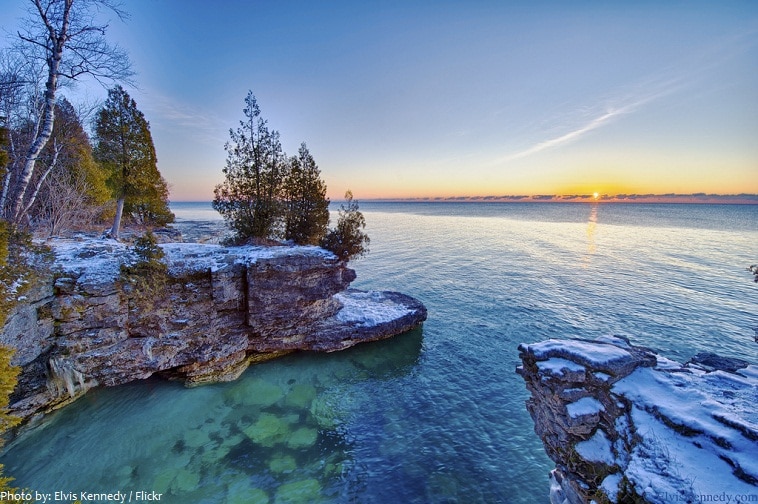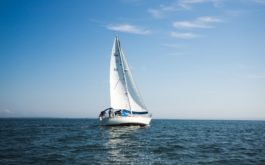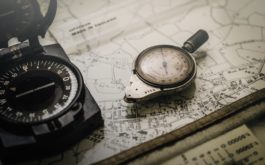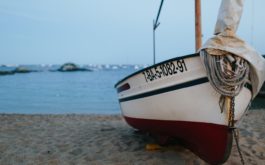Who needs a Boater Education Card in Michigan?
In Michigan, anyone born on or after July 1, 1996, must successfully complete a boater safety course approved by the Michigan Department of Natural Resources in order to operate a motorized vessel.
Boaters are required to carry their boater education certificate as proof of boater education.
All operators under the age of 12 years:
- May operate a vessel powered by a motor of no more than 6 horsepower (hp) without any restrictions and…
- May operate a vessel powered by a motor of more than 6 hp but less than 35 hp only if they have a valid boating safety certificate and are under the direct supervision of a person 16 years of age or older
Anyone born after December 31, 1978, require boater education in order to operate a personal watercraft (PWC).
Anyone under the age of 14 years may not legally operate a PWC.
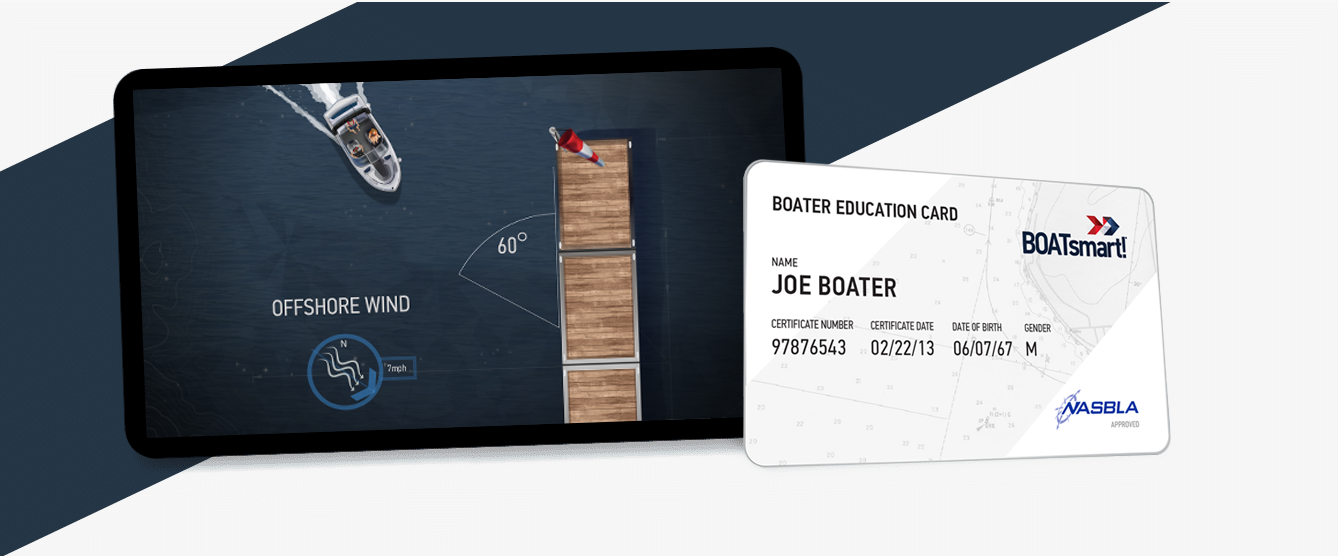
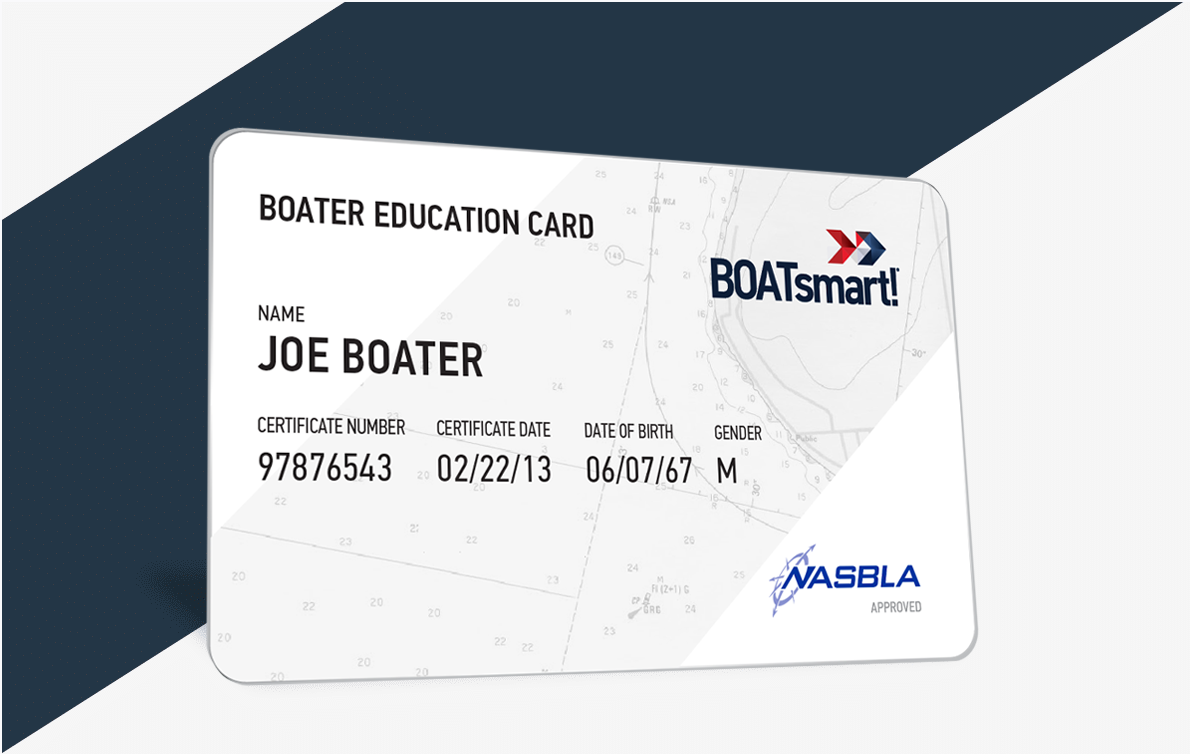
Get your Official North American
Boating License
The Official NASBLA and State-Approved Boating Course, Test & License.
Get your Official North American
Boating License
The Official NASBLA and State-Approved Canada Boating
Course, Test & License.
MICHIGAN LIFE JACKET REQUIREMENTS
The Coast Guard requires that all boats less than 16 ft. in length (including canoes and kayaks) carry one approved Type I, II, III or IV personal flotation device (PFD) for each person on board. Boats less than 16 feet in length which are operated on the Great Lakes or connecting waterways are required to carry at least one Type I, II or III life jacket for each person.
Vessels 16 feet in length or greater are also required to carry one Type IV PFD on board. Canoes and kayaks greater than 16 ft. in length are exempt from this requirement.
In Michigan, boat passengers 6 years of age and under are required to wear a Coast Guard-approved, Type I or Type II life jacket when on the open deck of any boat, while the boat is underway.
Any person operating or riding on a PWC is required to wear a Coast Guard-approved, Type I, II or III life jacket. Inflatable life jackets are not permitted.
Any person being towed behind any boat is required to wear a Coast Guard-approved, Type I, II or III life jacket. Inflatable life jackets are not permitted.
It is illegal to operate a motorized boat that has not been equipped and maintained with an effective muffler or underwater exhaust system.
The muffler or underwater exhaust system must prevent noise levels in excess of the following:
- 90 dB(a) when subjected to a stationary sound level test as prescribed by SAE J2005.
- 75 dB(A) when subjected to a shoreline sound level measurement procedure as described by SAE J1970
BOAT REGISTRATION REQUIREMENTS
All boats in Michigan are required to be registered with the Department of State and must also display a registration decal. Once registered, boat owners will be provided with a Certificate of Number, which must be carried on board during boat operation and be available for inspection by law enforcement, at all times. The Certificate of Number will be valid for 3 years.
Exemptions:
- Privately owned boats that are less than 16 feet in length and propelled by oars or paddles.
- Privately owned, non-motorized canoes and kayaks, rafts, surfboards and swim floats, regardless of length.
- Boats registered in another state that are using Michigan waters for 60 days or less.
BOAT REGISTRATION NUMBER AND DECAL PLACEMENT:
- The numbers must be painted or otherwise permanently affixed to each side of the boat’s bow, as high above the waterline as possible (no other numbers may be displayed on either side of the bow).
- The color of the registration number must contrast with the color of the boat.
- The numbers must be in plain block letters and be at least 3 inches high.
- The numbers must be read from left to right.
- The numbers and letters must be separated by a hyphen or by an equivalent space.
- Decals are valid for 3 years and will expire on March 31st of the third year.
- Each decal must be placed on the boat’s bow, at the same level as the registration number.
- Decals must be attached 3 inches to the right of the registration numbers on both sides of the bow.
MICHIGAN’S BOAT TITLING REQUIREMENTS
All boats that are over 20 feet in length and all boats that have permanently installed engines, must be titled.
Other Registration Information
Boat owners must notify the Secretary of State within 15 days and surrender the Certificate of Number if:
- The boat is abandoned or destroyed.
- The boat is sold, or the ownership is transferred.
- There is a change of address.
If a Certificate of Number or registration decal is lost or destroyed, the boat owner must pay a fee and apply to the Secretary of State to obtain a replacement.
MICHIGAN’S LAWS FOR NEGLIGENT OR RECKLESS BOAT OPERATION
Michigan law states that a person will be found guilty of reckless boat operation if they carelessly, or heedlessly operate a boat, manipulate waterskis, a surfboard or other similar device, with disregard for the rights or safety of others, without due caution, or at a rate of speed or in a manner that endangers or is likely to endanger a person or personal property.
Examples of reckless boat operation may include:
- Weaving through congested boat traffic
- Operating in a restricted area
- Overloading your boat beyond its safe carrying capacity
- Disturbing, harassing, or chasing wildlife with a boat
BOAT SPEED LIMITS AND OPERATION IN RESTRICTED AREAS
It is illegal in the state of Michigan to operate a boat at a speed that may endanger the property or life of any person, or at a speed that does not allow the operator to bring the boat to a stop within a reasonable distance.
It is also illegal to:
- Operate a boat at a speed greater than ‘Slow-No Wake’ speed (or the minimum speed necessary to maintain forward movement) when within 100 feet of the shoreline, when the water depth is less than 3 feet.
- Operate a boat at a speed greater than 55 mph on the Great Lakes or on Lake St. Claire, unless the boat is a minimum of 1 mile offshore.
- Operate a boat at a speed greater than is considered prudent or reasonable based on the current weather, water and traffic conditions.
- Operate any boat in restricted areas.
BOATING AND ALCOHOL
It is illegal to operate a boat while under the influence of alcohol or controlled substances, or to knowingly allow any person to operate a boat who is under the influence of alcohol or controlled substances.
In Michigan, a person is considered to be under the influence if:
- They have a Blood Alcohol Concentration (BAC) level of 0.08 or higher.
In Michigan, a person convicted of operating a boat while under the influence will be subject to the following penalties:
- Any person convicted of boating under the influence will be guilty of a misdemeanor. However, if they are convicted for a 3rd time within 10 years, they will be guilty of a felony.
- If the death of a person results from a boat accident caused by an operator who was boating under the influence, they will be guilty of a felony and will be subject to a fine from $2,500 – $10,000 and/or imprisonment for up to 15 years.
- If an operator causes serious bodily injury or impairment as a result of operating under the influence, they will be guilty of a felony and will be subject to imprisonment for up to 5 years and/or a fine from $1,000-$5,000.
Implied Consent
Any person operating a boat on Michigan waters is deemed to have given consent to a test or tests to determine if they are impaired by drugs and/or alcohol.
Michigan’s Law Enforcement Authority
Michigan’s boating laws are enforced by:
- Michigan Department of Natural Resources law enforcement Division.
- County Sheriff’s Department.
- The Coast Guard.
- Other authorized law enforcement (on federal waters).
Law enforcement in the state of Michigan have the authority to stop and board boats to ensure that they are in compliance with state and federal laws. Refusing to follow direction provided by law enforcement is illegal. Officers will give visual or audible signals when requesting an operator to stop their boat.
MICHIGAN BOAT ACCIDENT REPORTING REQUIREMENTS
The operator of a boat involved in a boating accident is required to:
- Stop their boat at the scene.
- Render assistance to any person who has been injured or who is in danger so long as they can do so without risking their safety or their passenger’s safety.
- Provide their name, address and boat information in writing to any person who was injured and to the owner of any property that was damaged as a result of the accident.
Accidents must be reported by the quickest means possible, without delay to the nearest County Sheriff, Police Post, or Conservation Officer if:
- A person is killed.
- A person disappears from the boat.
A written accident report form must be filed with the Michigan Department of Natural Resources (MDNR) within 48 hours if:
- A person dies with 24 hours of the incident.
- A person loses consciousness, requires medical treatment, or is disabled for more than 24 hours as a result of the accident.
A written accident report form must be filed with the MDNR within 5 days if:
- Damage to property as a result of the accident totals more than $2,000.
- A person disappears from the boat, indicating death or injury.
MICHIGAN DEPARTMENT OF NATURAL RESOURCES CONTACT INFORMATION
For more information about safe boating in Michigan, contact the Michigan Department of Natural Resources.
